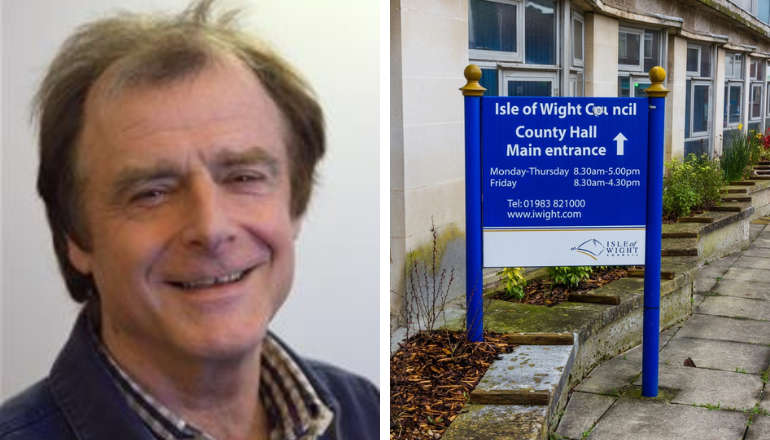
Deputy Prime Minister Angela Rayner announced (February 5) that several UK authorities will adapt to 'devolution'.
But between lines of technical jargon and political sentiment, the question remains: what is devolution, what does it mean for the region and why have May’s county elections been postponed?
After eight attempts, devolution is now set to happen and here is all you need to know about it.
What is devolution?
Devolution involves transferring powers from Westminster to Hampshire and the Solent region, alongside additional funding and investment.
This shift will enable local authorities to make decisions and manage services directly affecting their communities.
It can include powers over transport, housing, education, healthcare, and local economic development.
The government plans to consult with Hampshire residents very soon to gather people’s input and feedback on the prospect of devolution for the area.
What is the Devolution Priority Programme (DPP)?
Better known as the ‘fast track’ programme, it is the government’s tool to expedite devolution in the country, widen devolution and transform areas into mayor-led strategic authorities being in place in May 2026.
Hampshire and the Solent fast-tracked
With the government’s announcement, six areas have been given the green light to the priority programme.
Among them is the Isle of Wight Council.
As part of devolution, a mayor would be elected in the spring of 2026 to head up a new combined authority across the wider Hampshire region.
The mayor would work with local council leaders to decide how to allocate regional funding.
The combined authority aims to enable a group of two or more councils to collaborate and take collective decisions across council boundaries.
They cover issues that require strategic oversight of the entire region and have responsibilities, and funding, to deliver economic development, strategic planning and transport, adult education, local growth plans and other functions.
In mayoral strategic authorities, mayors will have significant powers over housing and planning, including the ability to develop and propose the spatial development strategy for their areas, working alongside other members of the strategic authority.
Postponement of May’s election
Since the region has been included in the Devolution Priority Programme, the government has also determined that the county council’s elections, originally scheduled for May this year, should be postponed for one year due to plans for the reorganisation of local government in England, and allow for a Mayor to be elected in 2026.
Phil Jordan, leader of the Isle of Wight Council, in line with his partners, said devolution “would shift more of these policy-making powers and additional funding to local authorities such as the Isle of Wight Council”.
“This change is expected to provide greater local control over vital areas such as major transport infrastructure, and health services, giving residents more power to shape the things that are important to them and ensuring robust local accountability,” he added.
For Devolution Priority Programme areas, regions have to submit their proposals by September 2025, with mayoral elections in 2026 and shadow unitary elections in 2027.

 Newport Man Arrested After Damaging Ryde Hotel And Being Abusive To Members Of The Public
Newport Man Arrested After Damaging Ryde Hotel And Being Abusive To Members Of The Public
 Assault On Teenage Girl Sees 15 Year-Old Boy Arrested
Assault On Teenage Girl Sees 15 Year-Old Boy Arrested
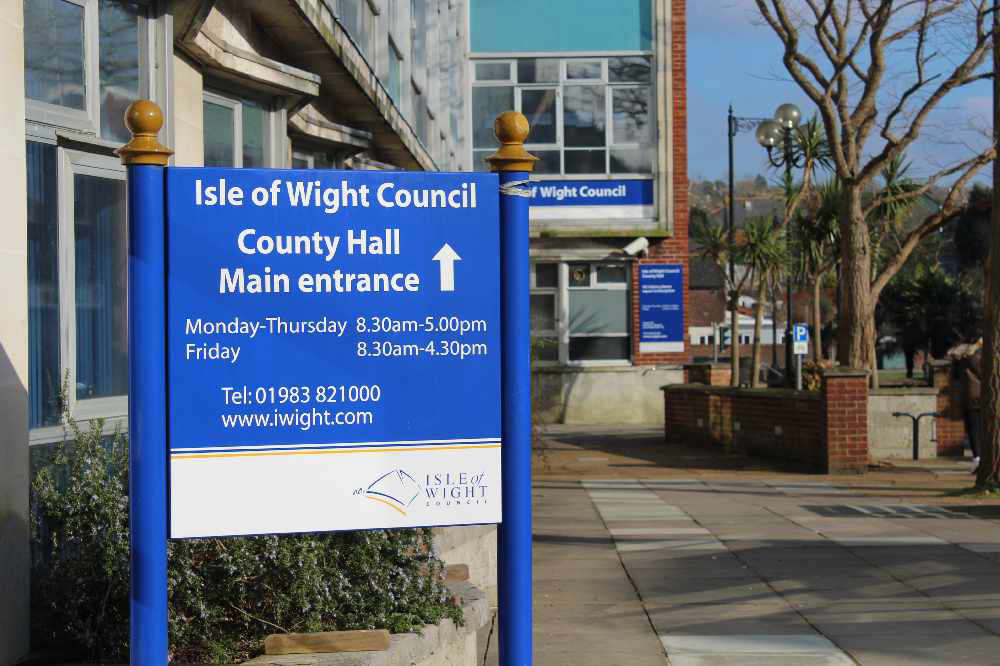 Councillor Accuses County Hall Planners Of "Intransigence" In "Correctly" Applying Planning Law
Councillor Accuses County Hall Planners Of "Intransigence" In "Correctly" Applying Planning Law
 Cabinet Asked Whether School Closure Plans Are "Truly Financially Viable"
Cabinet Asked Whether School Closure Plans Are "Truly Financially Viable"
 G4's Mike Christie To Release Walk The Wight Song In Aid Of Mountbatten
G4's Mike Christie To Release Walk The Wight Song In Aid Of Mountbatten
 Victorian Society Objects To 'Needlessly Damaging' Proposals For Isle Of Wight Church
Victorian Society Objects To 'Needlessly Damaging' Proposals For Isle Of Wight Church
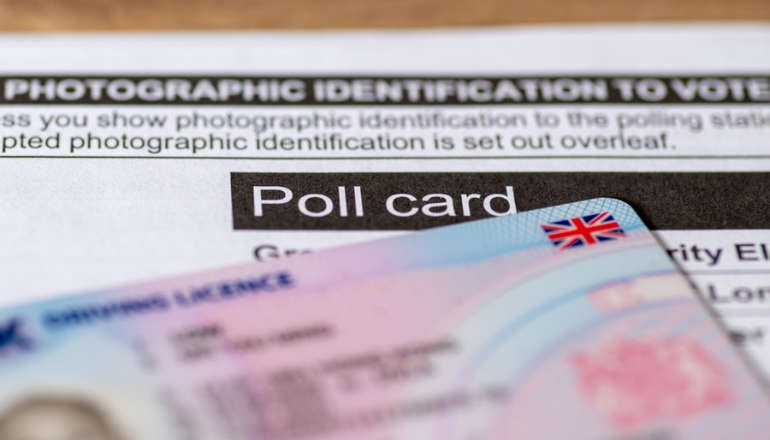 Isle Of Wight Council By-Election Likely To Be Held In May
Isle Of Wight Council By-Election Likely To Be Held In May
 Council Opens Enforcement Case In Response To Developer's "Alleged Breach Of Planning Controls"
Council Opens Enforcement Case In Response To Developer's "Alleged Breach Of Planning Controls"
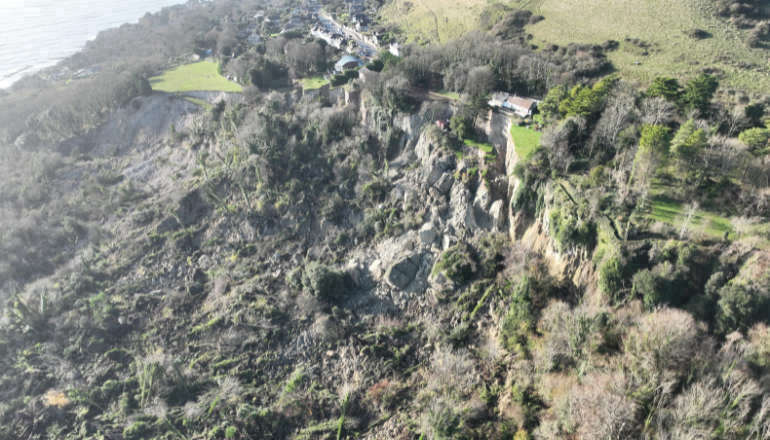 Find Out How Council's £600,000 Leeson Road Investment Will Be Spent
Find Out How Council's £600,000 Leeson Road Investment Will Be Spent
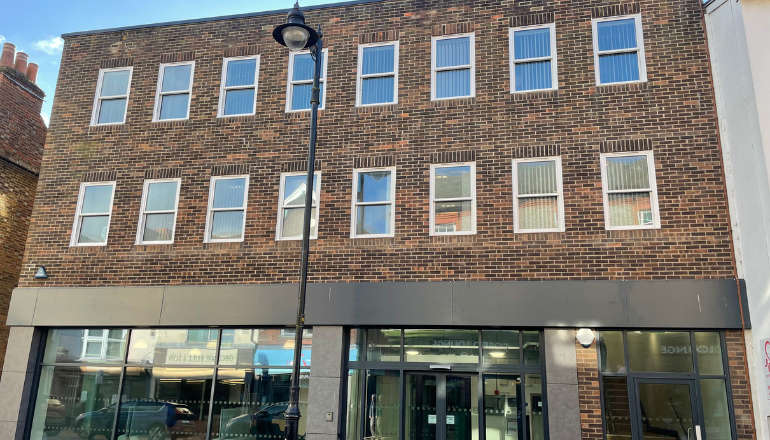 New High Street Health And Wellbeing Centre To Open In Newport
New High Street Health And Wellbeing Centre To Open In Newport
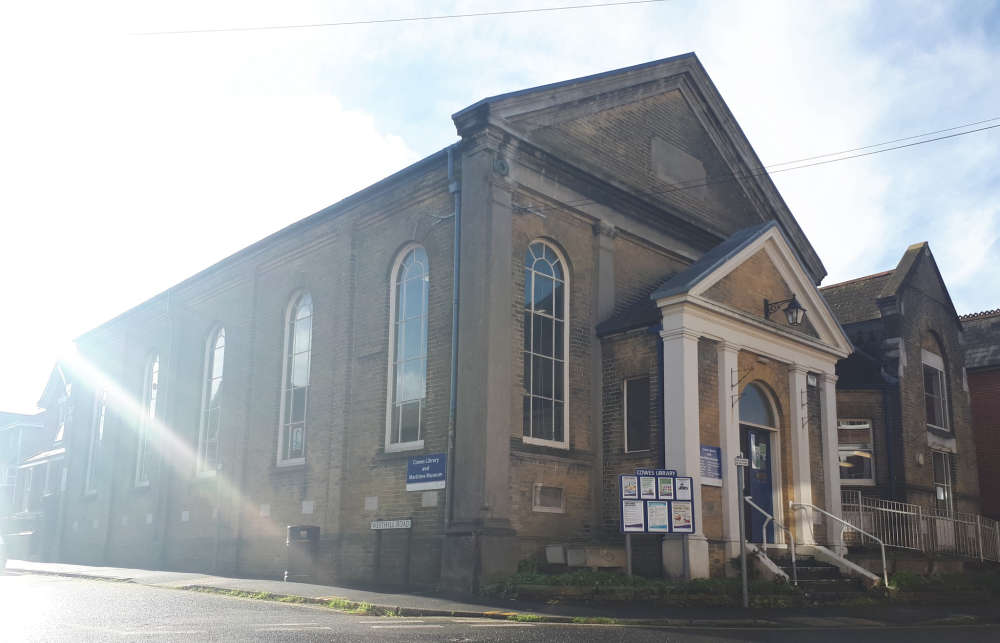 Cowes Library Set To Undergo Building Works To Improve Accessibility
Cowes Library Set To Undergo Building Works To Improve Accessibility
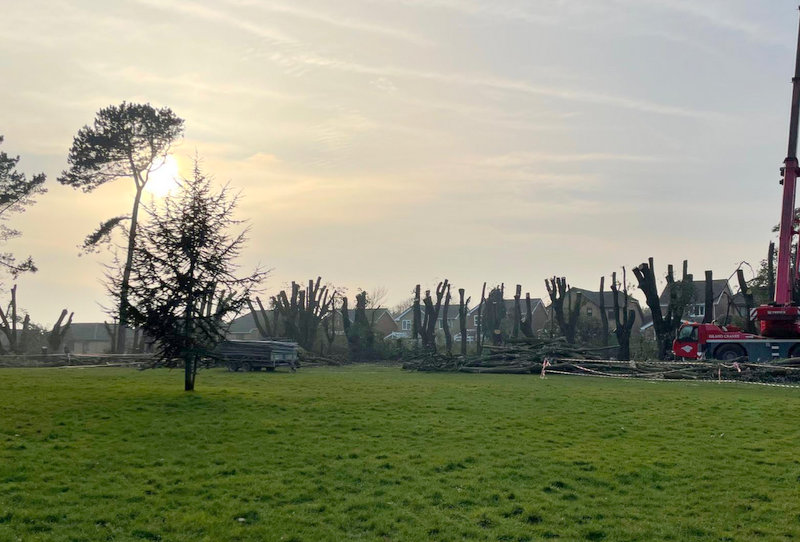 Isle Of Wight Park Could Be Upgraded As Part Of Council Works Scheme
Isle Of Wight Park Could Be Upgraded As Part Of Council Works Scheme
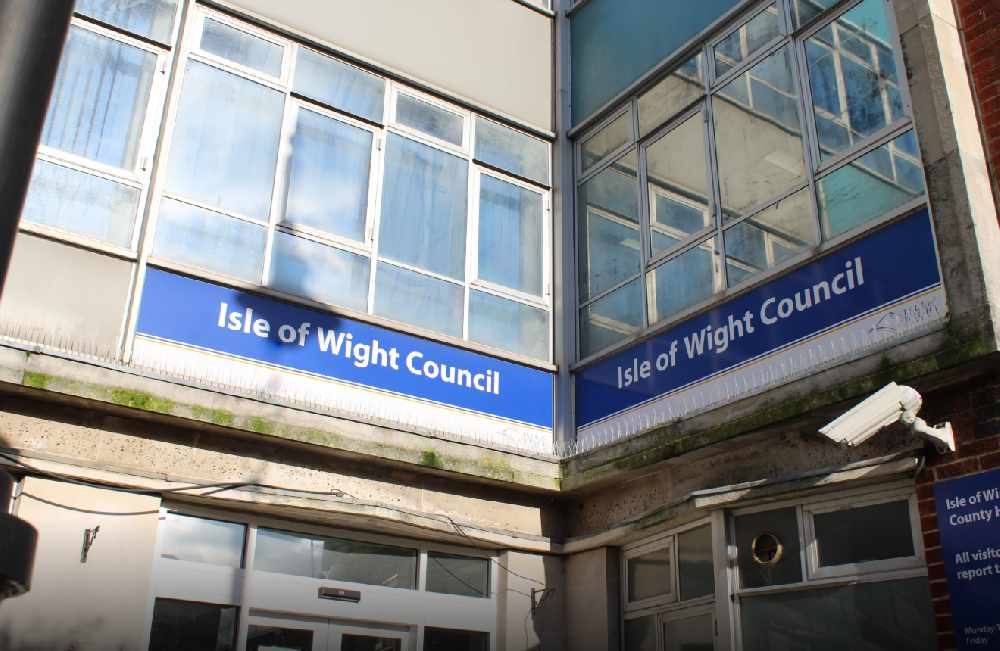 "Treated Shamefully": County Hall Watchdog Lashes Out At Cabinet
"Treated Shamefully": County Hall Watchdog Lashes Out At Cabinet
 Residents And Councillors Rally Against 20-Metre 'Eyesore' Telecoms Mast
Residents And Councillors Rally Against 20-Metre 'Eyesore' Telecoms Mast
 Unions To Hold Indicative Strike Ballots Over 'Potentially Catastrophic' School Closure Plans
Unions To Hold Indicative Strike Ballots Over 'Potentially Catastrophic' School Closure Plans
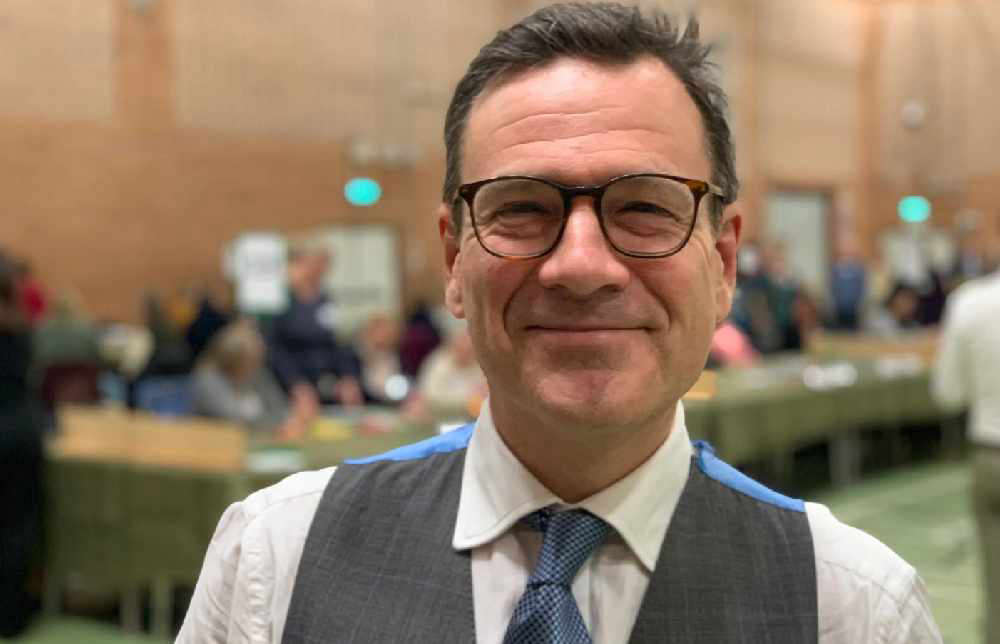 Bob Back On The Job: Former MP Seely Returns To Politics With Freshwater Parish Council
Bob Back On The Job: Former MP Seely Returns To Politics With Freshwater Parish Council
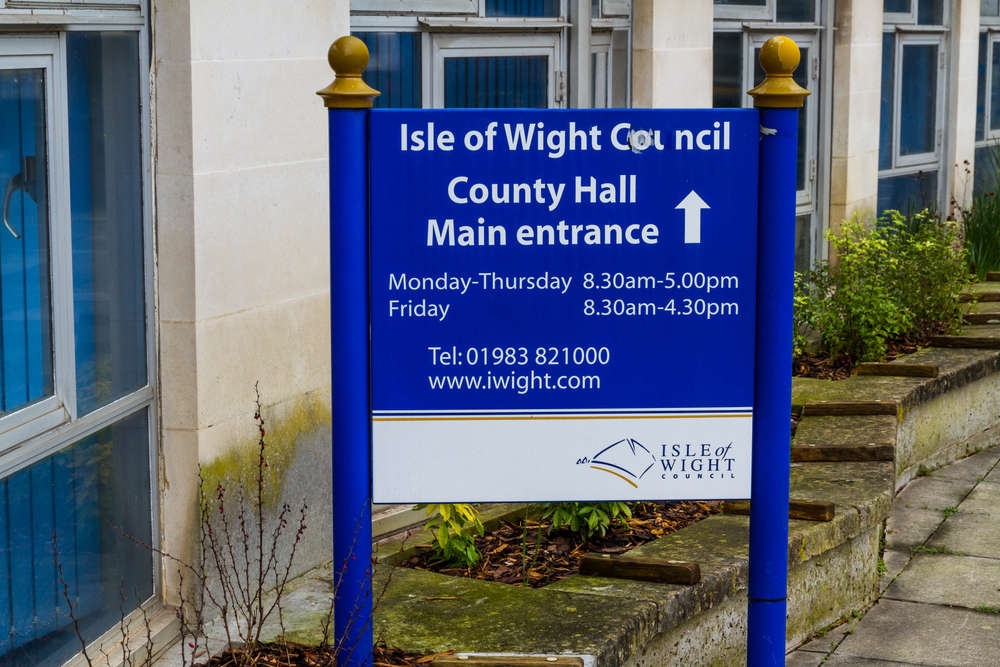 Major Investment To Transform Adelaide Care Home In Ryde
Major Investment To Transform Adelaide Care Home In Ryde
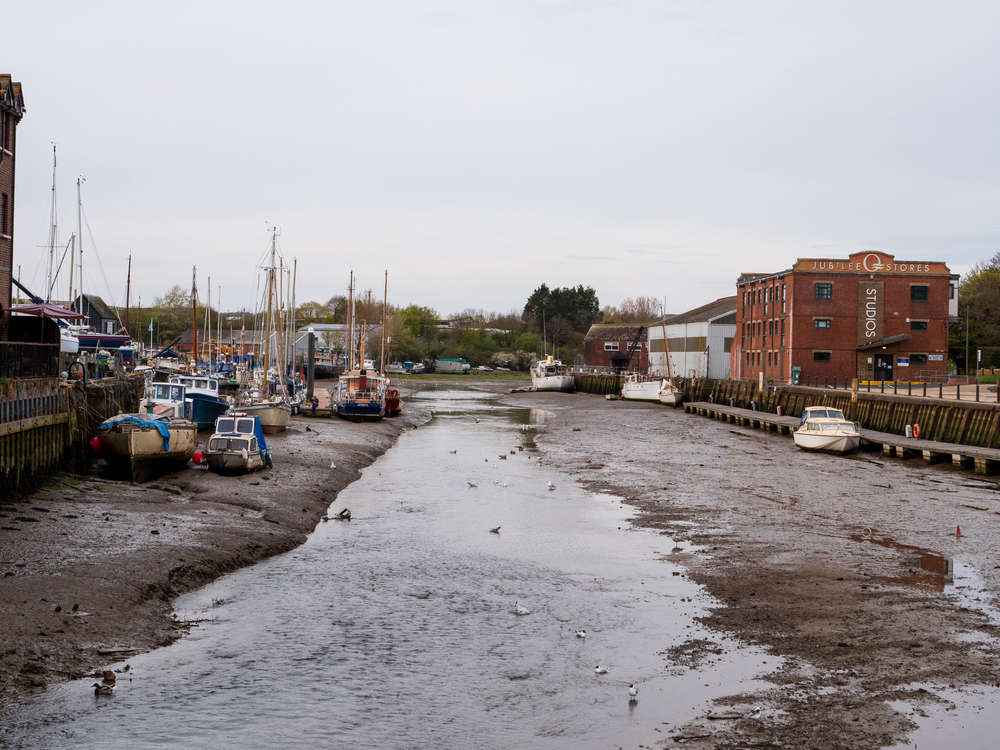 Call To Honour Island Heroes Of Dunkirk With Newport Harbour Memorial Cairn Given Green Light
Call To Honour Island Heroes Of Dunkirk With Newport Harbour Memorial Cairn Given Green Light


